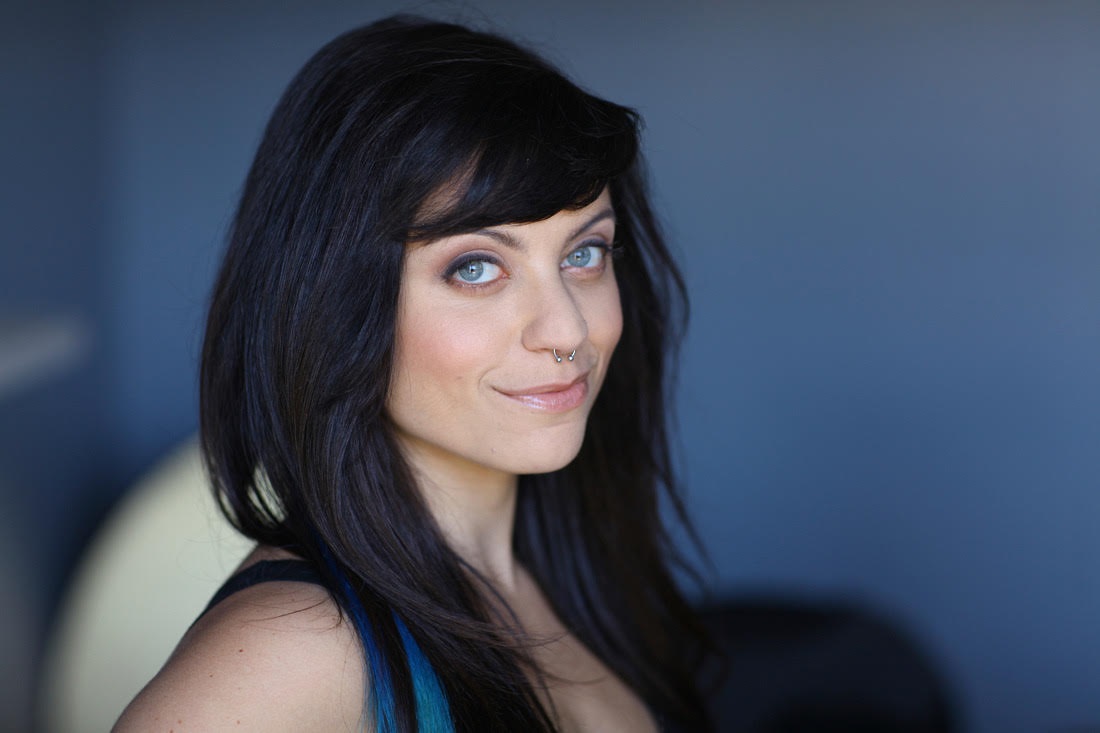Lights, Camera, Atlanta: Spotlight On The City’s Film Extras

Manufactured rain poured as Frances Chang stood soaked to the bone and cold. It was the middle of the night, in the remaining chill of April, and the rain scene would have to be repeated over and over until the crew got the shot just right. They had been shooting for hours and wouldn’t wrap until 6 a.m. the following day.
This hurry-up-and-wait schedule, complete with long hours, low pay and inclement weather conditions, is all part of the job for an extra. But for Chang, who’s been involved in films such as “Keeping Up With the Joneses,” and other Atlanta residents who are taking advantage of the city’s booming film scene, it’s also fun and a great way to make connections in the industry.
“I met a lot of people and made a lot of new friends,” said Chang, who also writes, produces and directs sketch comedy videos with the High Wire Comedy Company in Atlanta. “It’s not glamorous, but being able to check out what goes on behind the scenes is pretty cool.”
Atlanta native Peter May works as the director for International Student Services at the Savannah College of Art and Design and got involved as an extra by chance.
“The first time I was in a film was when I was 13 years old,” said May. “A scout came by [Inman Middle School] and invited us to be in the background of a film called ‘Made in Heaven.’ Since then, my opportunities have come from friends working on film crews who’ve invited me.”
May has landed work here as a featured extra in “Cell,” “The Last of Robin Hood” and “The Walking Dead” television series. Featured extras are placed in the front during a scene, and while they’re also subject to long days and lots of waiting around, they do have more access to lead actors than a typical background extra.
“Kevin Kline was by far the most outgoing, warm, friendly, welcoming and inclusive of all the actors [I’ve worked with],” May said. “He went out of his way to introduce himself to the extras, chat with us about our experience and interest in acting. He even went through the food line with us during breaks. The others either took their food first or stayed secluded in their trailers, presumably.”
While many like May are just in it for the fun, those in the industry like Chang have been working their way up in the film and entertainment production business. For them, all of these new opportunities are welcome, and can prove to be important stepping stones to a bigger career — one that seems more viable now, thanks to the recent and incredible boom Georgia’s film industry has been experiencing over the past 10 years.
“The film scene has grown tremendously since I started puttering around with my friends on their indie sets,” Chang said. “Now there are location signs all over town. Actor friends are constantly getting booked for productions. Non-actor friends are signing up to be extras. [Production] crew friends are also constantly getting work. It’s exciting.”
It’s also largely due to the big benefits Georgia offers big-budget productions like “Guardians of the Galaxy: Vol. 2,” “Hidden Figures” and Marvel’s “Black Panther” that opt to bring their films to the state.
The Georgia film tax credit introduced in 2005 provides an incentive of up to 30 percent of a film’s production expenditures, and since its inception, has had an economic impact of more than $7 billion. The state currently ranks first for worldwide film production, according to Film LA, which conducts studies on the film industry.
These Hollywood blockbusters are also helping to provide more than 30,000 people working in film and entertainment in Georgia with consistent work and lending visibility and credibility to the smaller, more independent film scene that already existed here.
Amanda Brooke Avery, an actor and filmmaker who came to Atlanta via New York and Miami, broke into the industry as a stuntwoman.
Since then since she has made her mark as an actor and filmmaker, working on “American Horror Story: Coven” in New Orleans and “Sons of Anarchy,” which shoots in Los Angeles. The work is a labor of love, and she’s familiar with the long, inconsistent hours and utter lack of glamour, both in front of and behind the camera.
“It’s an interesting life. It’s a lot of joy, but production people work harder than anyone I’ve ever met,” Avery said. “Each scene can be run up to 30 times, over and over again to get all the different angles. And while some people sit for lunch, a lot of the time, the crew is piling food on their plate, and you eat it standing over a trash can as fast as you can. If you’re an actor, you eat sitting in the makeup chair trying not to disturb whoever’s pulling you or plucking you, trying not to get anything on your outfit.”
Avery came to Georgia to direct her own film, “Leaving Charlie,” which was made with an all-female crew and screened at the 2017 Atlanta Film Festival. Atlanta’s local talent, and the area’s ultra-collaborative film and entertainment scene, drew her to the South.
She also felt that despite the influx of opportunity, local Atlanta talent wasn’t being accurately represented outside of the casting of bit roles and background parts for extras.
“I think there’s a lot of stigma about Atlanta, still,” Avery said. “They’re still flying in a lot of actors and production people from L.A. There’s the tax incentive to have things made here, but they’re still flying in executives and lead talent. And they’re also flying in ideas,” which is something Avery would like to see change.
Still, for Avery and others like her looking to make their mark in films and television, Georgia has a lot to offer — a tax incentive, sure, but also a pool of talented people, a sense of inclusion in the local film scene and a diverse selection of filming locations.
She’s looking forward to seeing where the industry will go from here, and is excited to help make it happen.
“I’m from New York and I still want to be here. I still want to work here, and I still want to fight for Atlanta as a production hub,” Avery said.
For people like Chang, the excitement lies in the opportunity.
“I don’t think I’ll ever get used to seeing celebrities walking around in the wild,” she said. “Alongside of that though, it’s bringing in a lot of jobs in the creative field, which is where I want to be. Now maybe someday I’ll get to the point where I won’t need my corporate job. That’s the dream come true for a lot of people. And this is the best time.”






